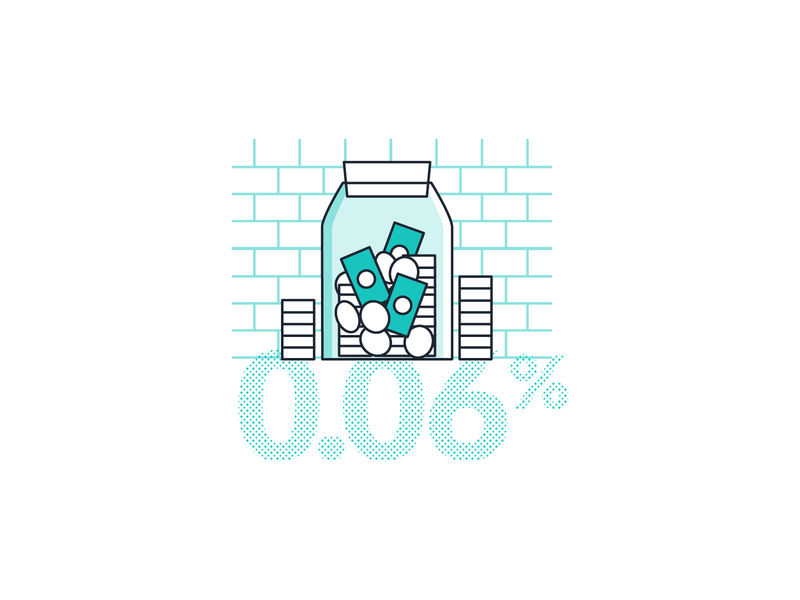The Repercussions Of Failing To Fulfill An Efficiency Bond
The Repercussions Of Failing To Fulfill An Efficiency Bond
Blog Article
Web Content Author-
When a surety problems a performance bond, it assures that the principal (the celebration that buys the bond) will satisfy their commitments under the bond's terms. If the principal stops working to meet these commitments and defaults on the bond, the guaranty is in charge of covering any kind of losses or problems that result.
1. Loss of reputation: Back-pedaling a performance bond can harm the principal's track record and integrity, making it more challenging to protect future company or financing.
2. Legal and management expenses: The surety might require to pay legal and management prices related to pursuing the principal for damages or trying to rectify the circumstance.
3. Monetary losses: The guaranty might require to cover the expense of completing the job or supplying the services that the principal stopped working to supply. This can cause significant monetary losses for the surety.
4. Increased premiums: If the principal has a history of defaulting on efficiency bonds, they may be required to pay greater premiums in the future to acquire the necessary bonding.
In general, back-pedaling a performance bond can have serious financial effects for both the principal and the surety. It's important for principals to very carefully consider their responsibilities and ensure they have the ability to fulfill the terms of the bond to stay clear of these negative end results.
Back-pedaling an efficiency bond can be an expensive error for companies. When you stop working to meet the bond's obligations, the economic effects can be significant. From paying the full bond amount to potential legal fights and damaged partnerships, the repercussions can reverberate throughout your organization operations. Recognizing the complex web of monetary impacts that back-pedaling a performance bond can have is crucial for guarding your business's monetary health and online reputation.
Financial Penalties for Defaulting
If you default on a performance bond, you'll likely encounter considerable financial penalties. These fines can differ relying on the terms of the bond arrangement however often entail paying the bond quantity completely to the obligee. This implies that if you fail to meet your contractual obligations, you should pay the bond amount to the task owner or the entity that called for the bond.
Furthermore, you might likewise be accountable for any type of added costs incurred by the obligee due to your default, such as discovering a substitute specialist or covering project delays.
Back-pedaling an efficiency bond can likewise cause lawful charges and court expenses if the obligee makes a decision to take legal action versus you to recoup the bond amount. These costs can rapidly accumulate, additional exacerbating the monetary impact of your default. It's essential to meticulously assess and understand the regards to the performance bond to prevent these severe punitive damages.
Influence On Organization Capital
Back-pedaling an efficiency bond can considerably affect your organization capital, affecting economic stability and functional capacities. When you back-pedal a performance bond, you take the chance of shedding the bond amount, which can be a substantial sum. This loss straight impacts your capital, as you'll need to discover alternative sources of moneying to cover the bond amount. In addition, skipping can bring about boosted scrutiny from guaranties, making it tougher and a lot more expensive to protect bonds in the future. This can better stress your cash flow as you might require to allocate additional sources to satisfy bonding demands.
The impact on your capital doesn't stop there. Back-pedaling a performance bond can also result in job hold-ups or terminations, leading to a loss of revenue. In addition, the negative credibility that features defaulting can deter prospective clients, even more decreasing your cash flow. Overall, defaulting on an efficiency bond can have harmful results on your company's financial health and wellness and capacity to run smoothly.
Lawful Ramifications and Lawsuits
Dealing with legal ramifications and possible claims due to defaulting on a performance bond can dramatically impact your service's credibility and financial standing. When please click the next website page on an efficiency bond, the guaranty company may take legal action to recoup the bond quantity paid. This could cause costly legal fees, court expenditures, and prospective settlements or judgments versus your business.
Moreover, defaulting on an efficiency bond may cause damaged connections with clients, subcontractors, and vendors, impacting your capacity to protect future agreements. Claims occurring from bond defaults can tarnish your organization's reliability in the industry, making it testing to draw in new partners or clients.
In addition, if the default leads to a court judgment against your service, it might lead to possession seizure or liens, better stressing your financial security. As a result, it's important to comprehend the legal effects of back-pedaling an efficiency bond and take proactive steps to reduce the threats involved.
Verdict
As you encounter the effects of defaulting on an efficiency bond, remember this: it's like strolling a tightrope without a safety net. One incorrect step can send you plummeting into a financial freefall, with no way to quit the autumn.
The financial penalties, capital effect, and lawful ramifications are all waiting to catch you if you mistake. So walk thoroughly, and constantly honor your commitments to stay clear of the rough repercussions of default.
